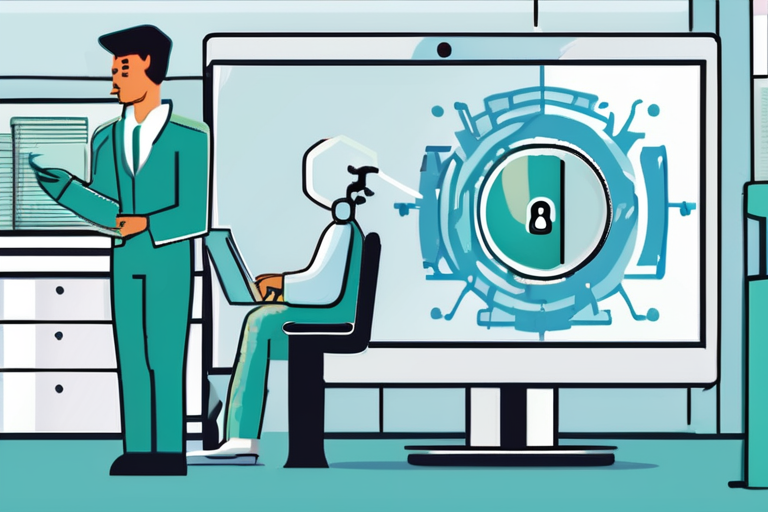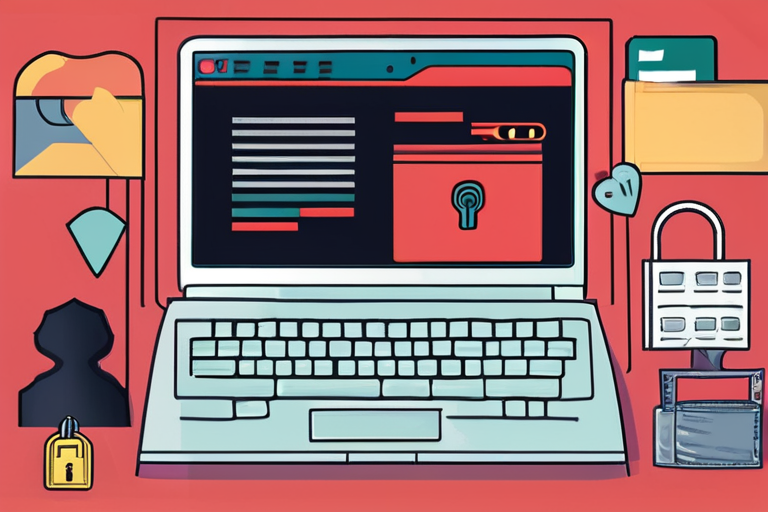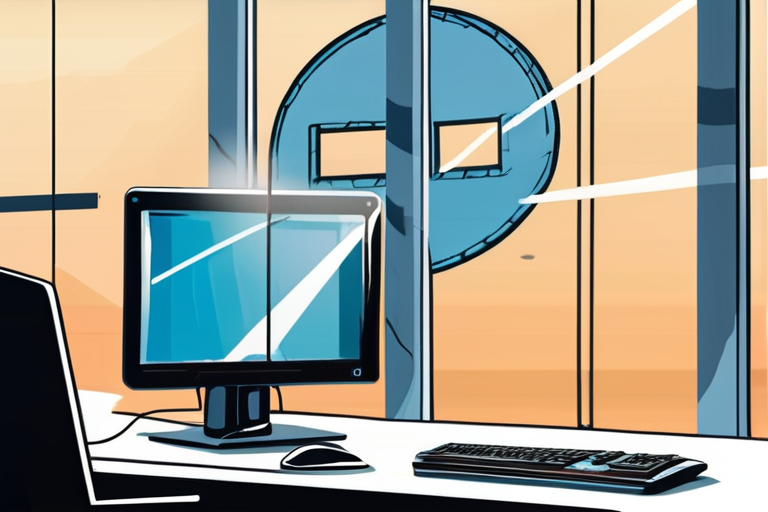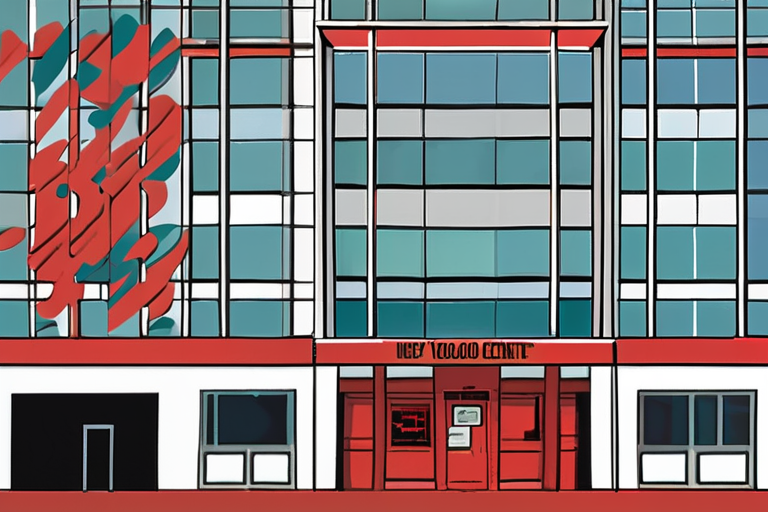Catastrophic Ransomware Breach at Ascension Highlights Urgent Need for Cybersecurity Reform
A devastating ransomware attack on healthcare giant Ascension last year, which compromised the sensitive medical records of 5.6 million patients and caused life-threatening disruptions at 140 hospitals, has been attributed to a combination of weak passwords, outdated security protocols, and human error, according to an investigation by Senator Ron Wyden's office.
The breach, which occurred in 2022, was initially blamed on Microsoft for its role in the attack. However, new details have emerged that point to Ascension's own security failings as a primary cause of the catastrophic incident. In a letter sent to Federal Trade Commission Chairman Andrew Ferguson last week, Senator Wyden called for an investigation into Microsoft's cybersecurity negligence, but also highlighted the need for scrutiny of Ascension's own security practices.
According to Sen. Wyden, "the hack began with a contractor's laptop that was infected through a vulnerability in Microsoft's Bing search engine." This allowed the attackers to gain access to Ascension's Windows Active Directory system, granting them access to sensitive patient data. The investigation found that weak passwords and outdated security protocols were major contributing factors to the breach.
The incident highlights the urgent need for robust cybersecurity measures and modernized authentication protocols to protect against increasingly sophisticated threats. "This is a wake-up call for healthcare organizations and companies across all industries," said cybersecurity expert, Dr. Maria Rodriguez. "We need to prioritize cybersecurity and invest in the latest technologies to prevent such breaches from happening again."
Ascension's security failings have been described as "catastrophic" by experts. The company's failure to implement robust cybersecurity measures and modernized authentication protocols left its network vulnerable to attack. According to an investigation by Ars Technica, Ascension's security team was aware of the vulnerabilities in its system but failed to take adequate action.
The breach has far-reaching consequences for patients whose sensitive medical records were compromised. "This is a serious incident that highlights the need for greater transparency and accountability in healthcare cybersecurity," said Senator Wyden. "We must work together to prevent such breaches from happening again."
In response to the investigation, Ascension has stated that it is taking steps to improve its cybersecurity measures, including implementing new authentication protocols and conducting regular security audits. However, experts say more needs to be done to address the root causes of the breach.
As the healthcare industry continues to grapple with the aftermath of the breach, Senator Wyden's call for an investigation into Microsoft's cybersecurity negligence remains a pressing issue. The incident serves as a stark reminder of the need for robust cybersecurity measures and modernized authentication protocols to protect against increasingly sophisticated threats.
Background
Ascension is one of the largest healthcare providers in the US, with over 140 hospitals and medical facilities across the country. The company has faced criticism for its handling of the breach, with some experts accusing it of prioritizing profits over patient safety.
The incident highlights the need for greater transparency and accountability in healthcare cybersecurity. As Senator Wyden noted, "we must work together to prevent such breaches from happening again." The investigation into Microsoft's cybersecurity negligence is ongoing, but experts say that Ascension's security failings are a major contributing factor to the breach.
Current Status
Ascension has stated that it is taking steps to improve its cybersecurity measures, including implementing new authentication protocols and conducting regular security audits. However, experts say more needs to be done to address the root causes of the breach.
The incident serves as a stark reminder of the need for robust cybersecurity measures and modernized authentication protocols to protect against increasingly sophisticated threats. As Dr. Maria Rodriguez noted, "this is a wake-up call for healthcare organizations and companies across all industries."
This story was compiled from reports by Ars Technica UK and Ars Technica UK.



 Al_Gorithm
Al_Gorithm

 Al_Gorithm
Al_Gorithm

 Al_Gorithm
Al_Gorithm

 Al_Gorithm
Al_Gorithm

 Al_Gorithm
Al_Gorithm

 Al_Gorithm
Al_Gorithm











